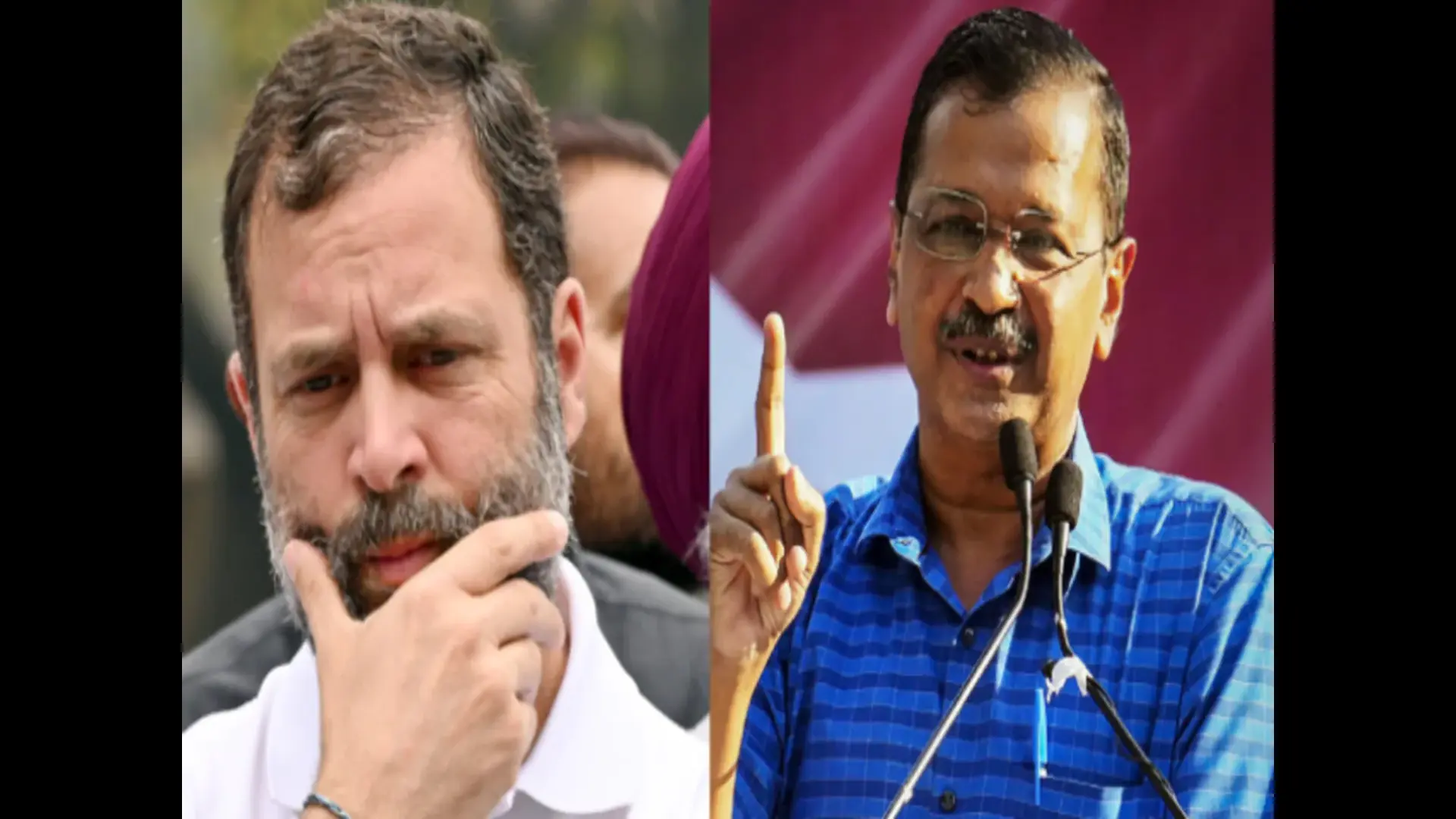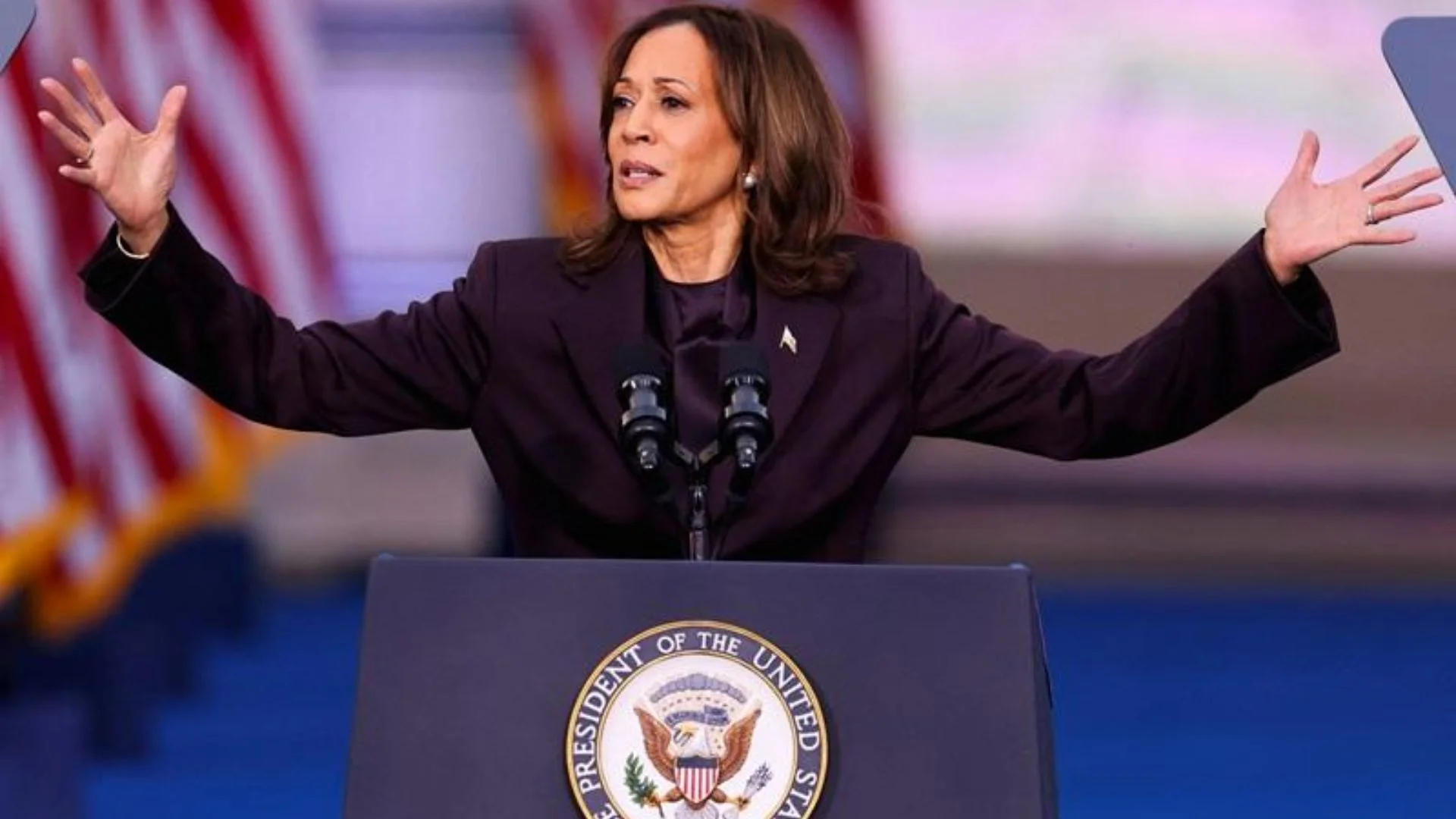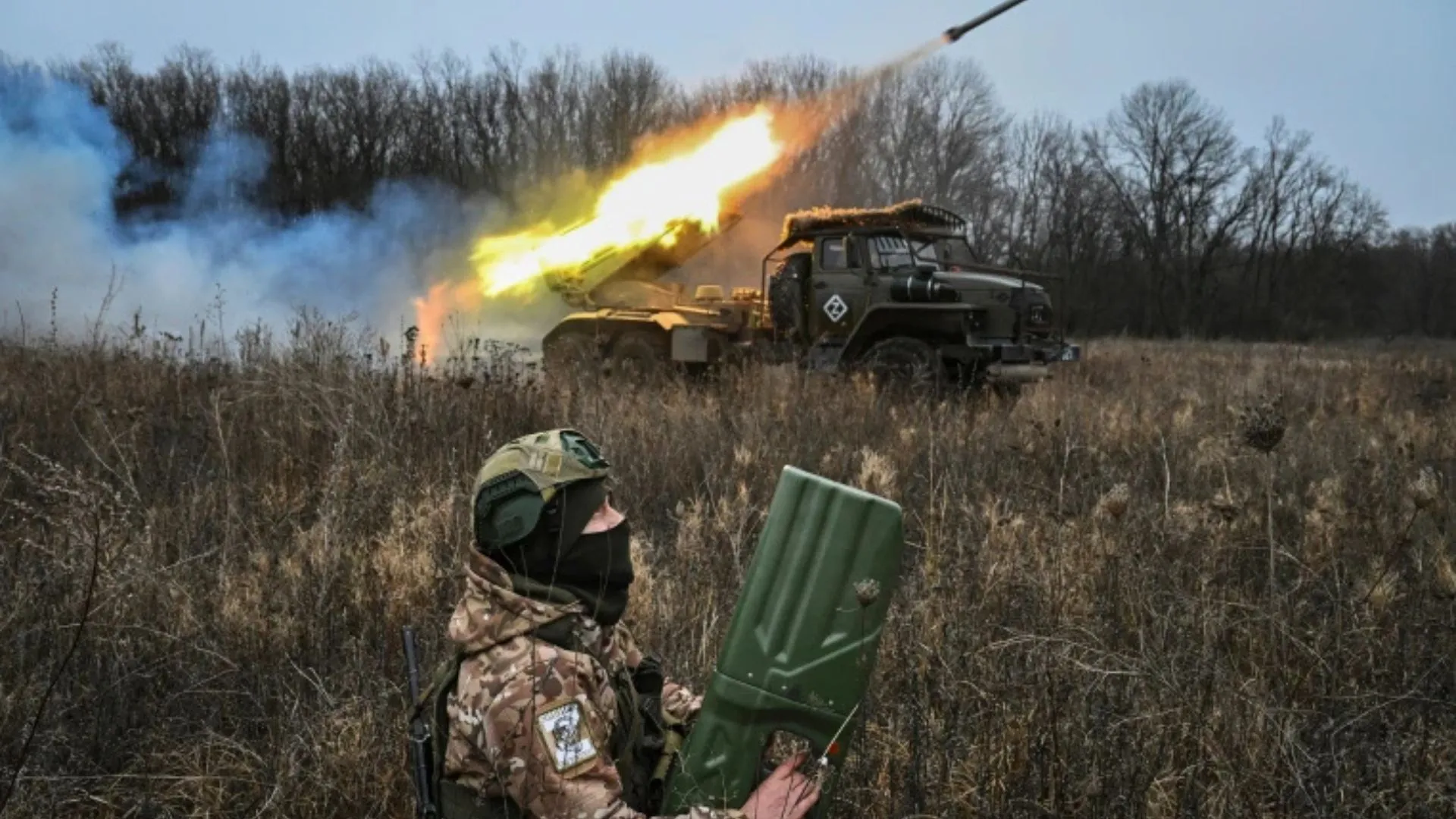Nepal has signed a new framework agreement with China on the Belt and Road Initiative (BRI), following a previous agreement in 2017 that had seen no significant progress. The deal, signed on Wednesday, is expected to pave the way for cooperation on infrastructure projects, including road upgrades and transportation corridors, between the two nations.
Prime Minister K.P. Sharma Oli, who has been visiting Beijing since Monday, marks his first foreign visit since taking office in July. His choice to visit China first instead of India, with which Nepal shares long-standing ties, signals a shift in Nepal’s foreign policy.
The 2017 agreement was part of President Xi Jinping’s BRI, a global initiative to enhance infrastructure and trade links. However, due to a lack of consensus within Nepal’s political parties and the absence of a detailed framework, no projects had materialized over the past seven years. The new deal aims to resolve these issues and push forward with planned projects.
While the agreement has been hailed as a step forward, it has sparked concerns within Nepal, particularly regarding the debt implications of Chinese-funded projects. The Nepali Congress party, a key member of Oli’s coalition government, has expressed opposition to loans for these initiatives.
In addition to this new agreement, China has previously lent Nepal $216 million for the construction of the Pokhara International Airport, which began operations last year. However, the airport has faced challenges, including limited international flights, partly due to India’s refusal to grant overflight rights, dampening its potential as a major international hub.























